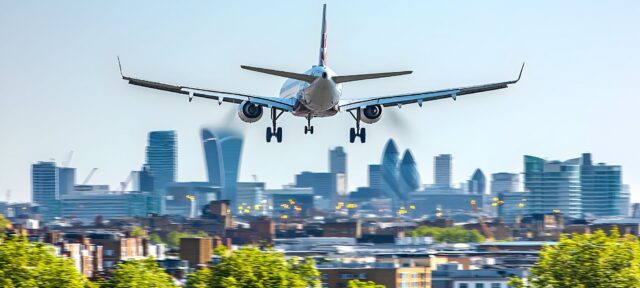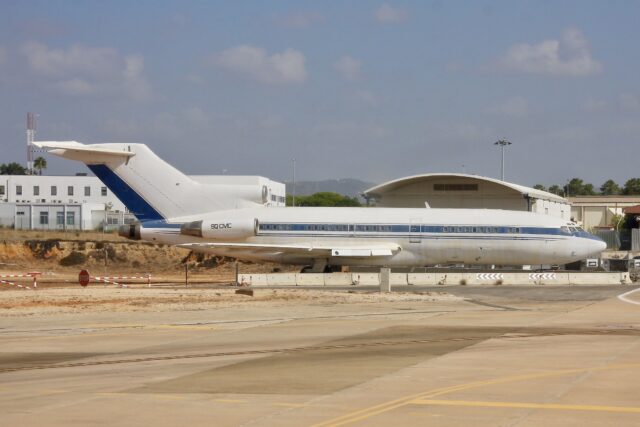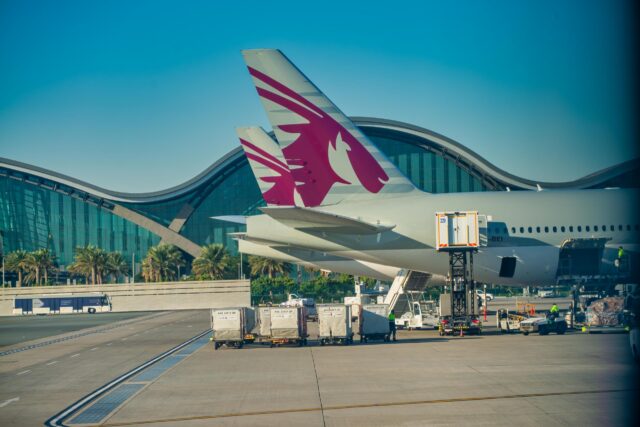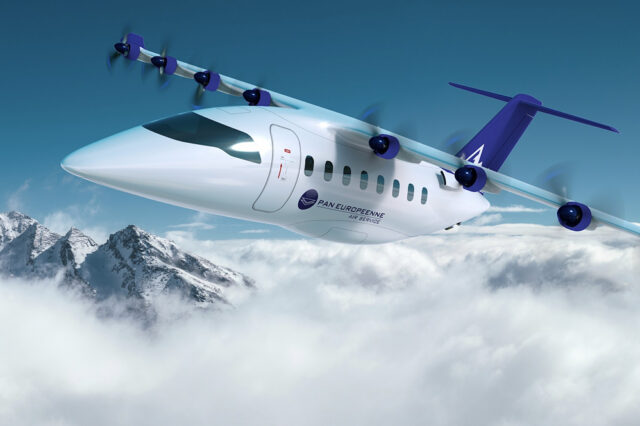Air Canada strike: Airline schedules first flights this evening after reaching a mediated settlement with flight attendants

August 19, 2025

Air Canada will gradually restart its services today after reaching an agreement with the union that was leading the flight attendants’ strike.
The airline said that a mutually agreed-upon mediator, William Kaplan, oversaw negotiations. Talks began on Monday night and continued into Tuesday, finally reaching a tentative deal this morning.
The Canadian Union of Public Employees (CUPE) led a mass walkout, with more than 10,000 flight attendants participating in the strike – essentially the airline’s entire workforce.
With no crew to staff flights, Air Canada completely shut down by the start of the weekend, winding flights down through the latter part of the week.
Flights from both Air Canada and Rouge have been effectively grounded since 16 August, with the carrier estimating half a million customers were affected by cancelled flights during the strike.
“The suspension of our service is extremely difficult for our customers,” says Michael Rousseau, President and Chief Executive Officer of Air Canada. “We deeply regret and apologise for the impact on them of this labour disruption. Our priority now is to get them moving as quickly as possible.”
Air Canada flights could take 7 to 10 days to return to normal
Air Canada is already scheduling its first flights for the evening of 19 August, but has advised customers that it will take some time to return to a full schedule.
“Restarting a major carrier like Air Canada is a complex undertaking,” says Rousseau. “Full restoration may require a week or more, so we ask for our customers’ patience and understanding over the coming days.”
The airline warned that further cancellations are likely over the next week or so. As such, passengers are advised not to travel to the airport unless they have confirmed bookings with flights showing as operating on the app or website.

Although it will take some time to wind the airline back up to full speed, passengers can be confident that a strike will not happen again.
With an agreement reached, the next step is for CUPE to present the terms of the deal to its 10,000-plus flight attendants. Until the vote takes place, the agreement is considered ‘tentative.’
However, while the ratification process is ongoing, there can be no further strike or lockout. Even if CUPE members vote no, the dispute will go back to mediation or to binding arbitration, but service will not be disrupted in the meantime.
Why were Air Canada flight attendants striking?
Flight attendants and Air Canada were at odds over compensation. Air Canada, among others, traditionally pays cabin crew only when planes are moving.
US and Canadian flight attendants are seeking time-based compensation, including compensation for tasks like boarding passengers.
The new labour agreements at American Airlines and Alaska Airlines include boarding pay. American also pays flight attendants for some hours between flights.

Delta Air Lines’ cabin crew began the movement for boarding compensation at a half-hourly rate, successfully negotiating the terms with a threat to unionise in 2022. Cabin crews at United Airlines, who rejected a tentative contract last month, want the same provision.
Wesley Lesosky, president of the Air Canada component of the Canadian Union of Public Employees, explained flight attendants’ demands in an interview with Reuters.
“It’s not just the assisting of the passengers getting on the plane and saying, ‘please put your bag here,” Lesosky said. “What we’re looking for is, hey, you require us to show up an hour prior, you require us to start safety briefings, safety checks. You require us to assist on the ground. That’s what we’re asking to be paid for.”

The Ottawa government had even intervened. Employment Minister Patty Hajdu directed the Canada Industrial Relations Board (CIRB) to impose binding arbitration and ordered cabin crew to return to work by 2 p.m. Eastern on August 17. The government framed the measure as essential to protect the national economy and minimise disruption for travellers.
CUPE, however, denounced the order as unconstitutional and declared it would not comply.
“Our members are not going back to work,” Canadian Union of Public Employees national president Mark Hancock had said on 18 August, standing outside Toronto’s Pearson International Airport and tearing up a copy of the order, as reported by the Associated Press. “We are saying no.”
Air Canada’s Sunday restart plans thwarted
Air Canada first announced it would resume flights late on August 17 following the government’s directive. But after the union’s refusal, the airline postponed the restart, saying service could not resume without cabin crew.
Air Canada said in a statement that the union “illegally directed its flight attendant members to defy a direction from the Canadian Industrial Relations Board.”
The strike has disrupted approximately 130,000 passengers per day, with as many as 700 flights cancelled daily at peak impact.
Air Canada has provided full refunds, travel credits, and rebooking options throughout the disruption.
However, with the summer travel peak, other travel options have been limited.
Air Canada flight attendant strike was a legal and political test
This confrontation between Air Canada and its union casts doubt on government interventions in labour disputes. A back-to-work law has been used in Canada before, but CUPE’s refusal to comply marked a rare challenge to federal authority.
Canada’s Green Party came out in support of flight attendants’ defiance of the back-to-work order. Elizabeth May, Green Party leader, said this action violated fundamental rights protected by the Charter.

“When Air Canada was on the brink, it was flight attendants and other workers who kept the airline alive. Now those same workers are told their voices don’t matter. This is not the Canada we believe in—workers have the right to fair bargaining without being silenced by corporate power and government convenience.”
With an agreement on the table, it remains to be seen if the ratification process progresses smoothly.
















